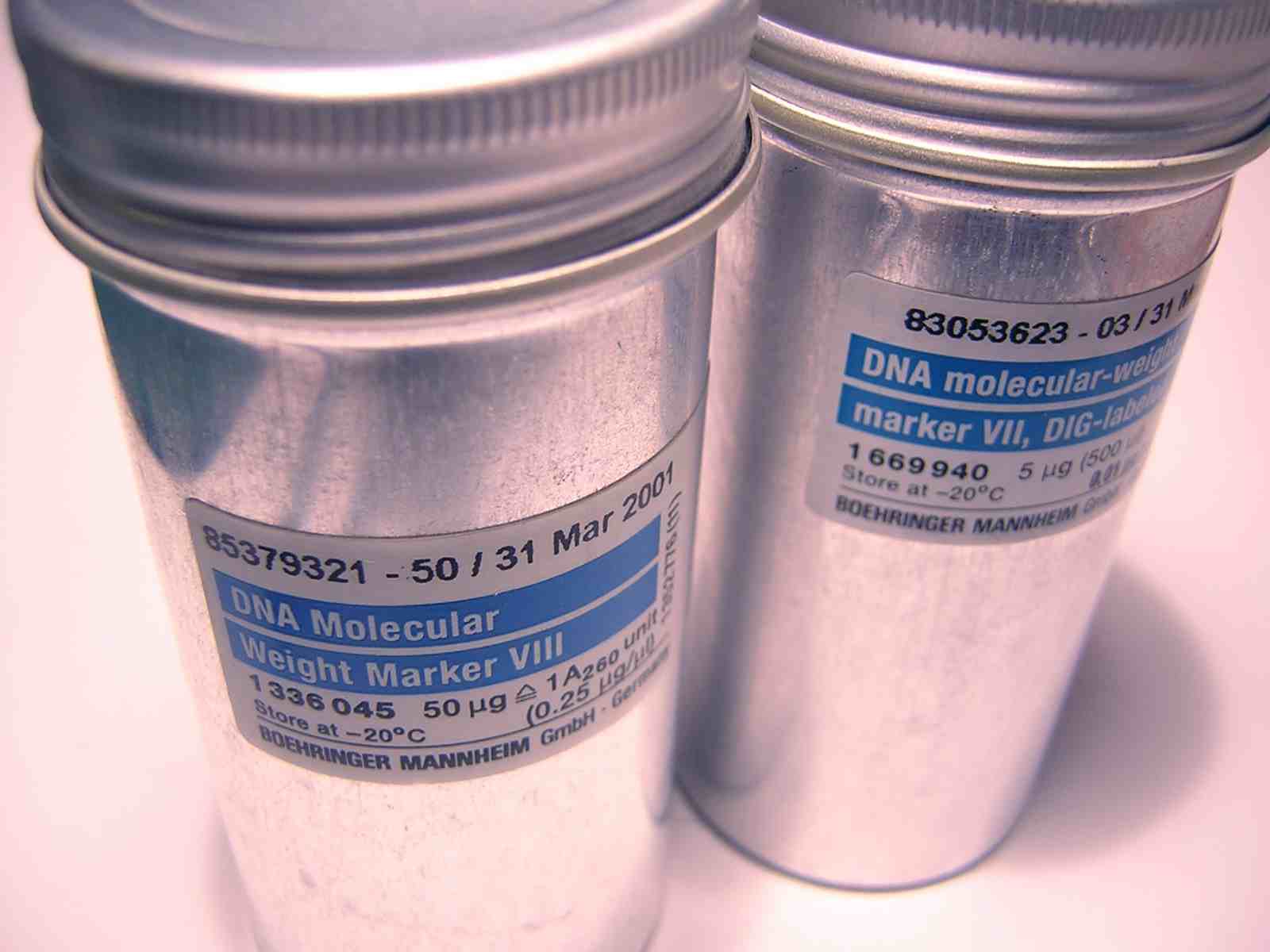
There has been a surge in the number of rape cases of girls, especially minor ones, in recent months in the country. These incidents have come on the heels of a ruling by the Council of Islamic Ideology (CII) - the country's supreme Islamic body - against the admissibility of the DNA test as 'primary evidence' in rape incidents.
Rape cases are already difficult to prosecute in Pakistan, as under the current Hudood laws, the victims must produce four witnesses - all male, adult and pious - for the accused to stand trial.
Despite these rulings, medical evidence is considered an important element by the police, legal experts, medical officials, and prosecutors. The judges also consider it vital and mention it in their verdicts.
"Regardless of the CII's decision, medical evidence is admissible in courts," said a prosecutor of the Anti-Terrorism Courts. "Call it primary or secondary, medical evidence is very important and it leads to conviction."

The prosecutor said that one cannot think about going against the teachings of Islam but DNA evidence is an internationally recognised method for determining the charges of rape with very less chances of going wrong.
Civil hospital MLO Dr Nisar Shah said medical evidence was indispensable in such incidents. Apart from medical and circumstantial evidence, Dr Shah said confession by the accused would be the only other way that would lead to conviction.
He said that 70 to 80 per cent results are provided by medical experts and not by religious scholars. "If science advances and introduces something better than the DNA, religious scholars will oppose that too."
A recent judgment, where a man was awarded life term and death sentence for raping two minor girls and killing one of them, observed that the investigation of one of the cases actually began after a female MLO issued a certificate declaring that the victim was raped.
"The medical evidence brought on record shows torture marks on the body and the victim clearly appeared to have been subjected to rape," the judge stated in the final verdict. "The prosecution's case is equipped with expert medical evidence," the judge ruled in the second judgment. The judgment of the case came after seven years.
Commenting on two rape cases in Defence and Mehmoodabad, DSP Tariq Mughal said that medical evidence was the main proof when the police accused someone of rape. "All evidence is important but medical and chemical evidences make a case strong."
DSP Mughal said that initial medical reports have already been submitted before the courts and the police and the prosecution would present the final medical evidence to make the case strong.
Fayyaz Qureshi is an investigation officer in a case of a six-year-old girl raped allegedly by her cousin in Orangi Town. He is of the view that medical reports are the most important evidence for the police.
He said that the Sharia law has been ignored and the police have inserted sections of the Pakistan Penal Code in such cases to use all such reports against the suspect in the court. "Hardly anyone confesses before the court. In rape cases, medical evidence silences the accused if he tries to fabricate a story."
Prosecutor Abdul Wahid Ansari said that DNA evidence was one of the most important corroborative evidences in such cases. "No one can discard it."
Published in The Express Tribune, February 17th, 2014.

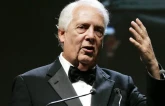



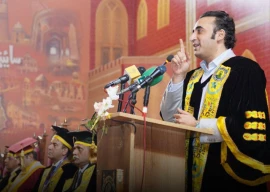

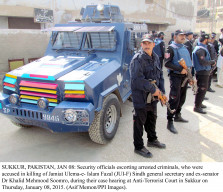
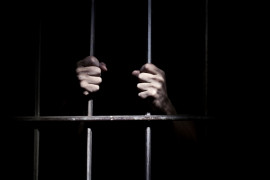





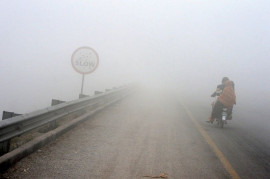

1734778885-0/Untitled-(10)1734778885-0-270x192.webp)






COMMENTS
Comments are moderated and generally will be posted if they are on-topic and not abusive.
For more information, please see our Comments FAQ